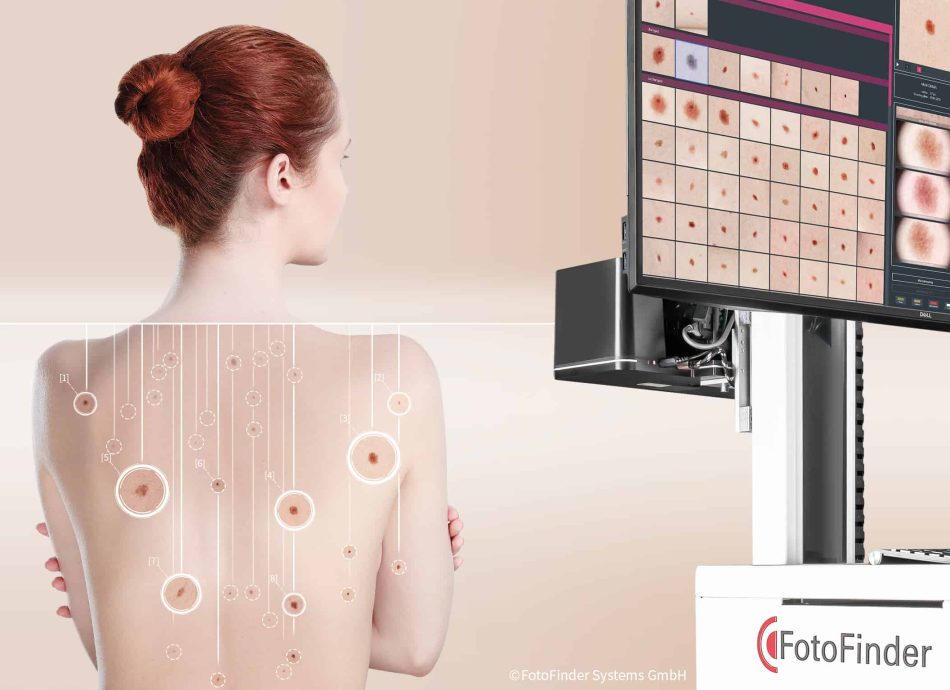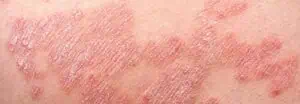Award winning dermatology service, with over 20 years of experience
Short waiting lists, on some occasions offering same week appointments
Safe environment, in Care Quality Commission approved facilities
Mole Treatments Include:
Everything You Need To Know
With skin cancer being the most common form of cancer in the UK, it is important to remain vigilant when it comes to monitoring our moles. Annually, over 400 people are diagnosed with melanoma skin cancer which has seen a 45% increase in incidence rates over the last decade. Thankfully, if detected early enough, skin cancer can be successfully treated leaving no chances of reoccurrence. Despite this positive outcome if caught early, we strongly recommend having moles checked regularly for greater prevention. Mole mapping is an innovative solution that uses technology to create a permanent record of all existing moles so any new or changing growths can be identified early on and monitored before they have a chance to develop further and cause irreparable damage.
HOW DOES MOLE MAPPING AT THE STRATUM DERMATOLOGY CLINICS WORK?
If you have a lot of moles, especially on your back, checking and noticing changes to your own moles can be really difficult. With our mole mapping service, we can do it quickly and effectively for you.
During your mole mapping appointment at Stratum Dermatology Clinics, you will be seen by a highly qualified consultant dermatologist, who is an expert in skin cancer. All of our consultants are registered with the major health insurers and are members of the British Association of Dermatologists (BAD). The Harley Street Dermatology Clinic is regulated by the Care Quality Commission (CQC) and has won multiple awards for customer service.
You will be provided with a record of your mole map and the digital images will be securely stored for future reference. You will be invited back for an annual review to check for any changes to your moles, but of course if you notice any changes to your moles sooner, please contact us to make an appointment where we can assess any changes.
During your appointment, if a mole or lesion requires further investigation, we may need to remove all or part of it so it can be assessed for cancer. Your specialist will advise you on this during your appointment.
FREQUENTLY ASKED QUESTIONS
Our mole mapping service is suited to adults with many moles across their body, or for those who wish to monitor their skin. As early detection is key in treating skin cancer, it is recommended that moles are checked regularly. If you only have a small number of moles on your body, we recommend you book a single mole check with us.
Mole mapping takes approximately 1 hour.
We recommend an annual review of your moles to identify any changes which may have occurred since your last appointment. However those at risk of skin cancer might need to be seen more frequently than this. We will send you a reminder to book your annual check. If you notice any changes to your moles between appointments, please contact us to book a mole check appointment.
We are able to remove your mole if it is suspicious for being cancerous, of concern or if you would like it removed for cosmetic reasons. Your consultant will discuss your options with you during your appointment if required. We also have an experienced clinical psychologists at The Harley Street Dermatology Clinic who is available for appointments to discuss the emotional side of your treatment if required.
A mole check is with one of our consultant dermatologists who will use a dermatoscope to look at your mole(s) to identify any cause for concern. They will diagnose your mole as either benign or cancerous and then discuss next steps with you.
A full body automated mole map using the Fotofinder ATBM machine uses technology to capture high resolution images of your moles which can be used to compare changes in your moles over time. Your moles will be checked using an artificial intelligence algorithm to assess each mole and provide cancer risk analysis and also assessed by your consultant dermatologist.
REQUEST A CALL BACK
Please fill in this form and one of our team will give you a call back to arrange a consultation with one of our expert dermatologists.

HEAR FROM OUR PATIENTS
WHY GET MOLE MAPPING AT STRATUM DERMATOLOGY CLINICS?
Skin cancer is the most common form of cancer in the UK, with over 400 people being diagnosed every day. Early detection of skin cancer, through examination and regular monitoring of moles, saves lives and if caught and treated early enough there is a 100% chance of survival.
We work with leading experts in the field of dermatology to ensure you have the best experience and treatment. Stratum Dermatology Clinics are regulated by the Care Quality Commission, are part of the British Association of Dermatologists and are top rated by patients on Doctify. Both Stratum Dermatology Clinics and the consultants who work here are recognised by the main healthcare insurance providers.
MOLE MAPPING IN CHELTENHAM
Stratum Clinics Cheltenham
5 Ormond Terrace
Cheltenham
GL50 1HR
MOLE MAPPING IN OXFORD
Stratum Clinics Oxford
Blackberry Clinic
Ground Floor, The Quorum
7600 Oxford Business Park
Alec Issigonis Way
Oxford, OX4 2JZ
MOLE MAPPING IN WIMBLEDON AND RAYNES PARK
Stratum Clinics Wimbledon & Raynes Park
Raynes Park Health Centre
1 Lambton Road
Wimbledon
SW20 0LW
MORE INSIGHTS AND ADVICE

Guide to Fall Skin Conditions
Autumn, with all its stunning colours, also brings some challenges for our skin. As the air gets cooler and the leaves turn vibrant shades, it’s a reminder that we’re steadily approaching winter. Keeping your skin glowing and healthy during this transition from summer to the

Eczema Awareness Month – Complete Guide on Eczema
October is Eczema Awareness Month. For individuals living with eczema, you will be all too familiar with the trials of handling this skin complaint. It’s our mission throughout October and beyond to educate, support and empower you by delivering invaluable insights on its origin, available

Understanding Varicose Veins: Symptoms, Treatments and Prevention
Varicose Disease Awareness Month focuses on raising awareness about varicose veins, a common but often ignored condition affecting millions globally. This September, we’re highlighting the importance of early detection, available treatments and lifestyle changes to effectively manage varicose veins. By increasing awareness, we aim to
